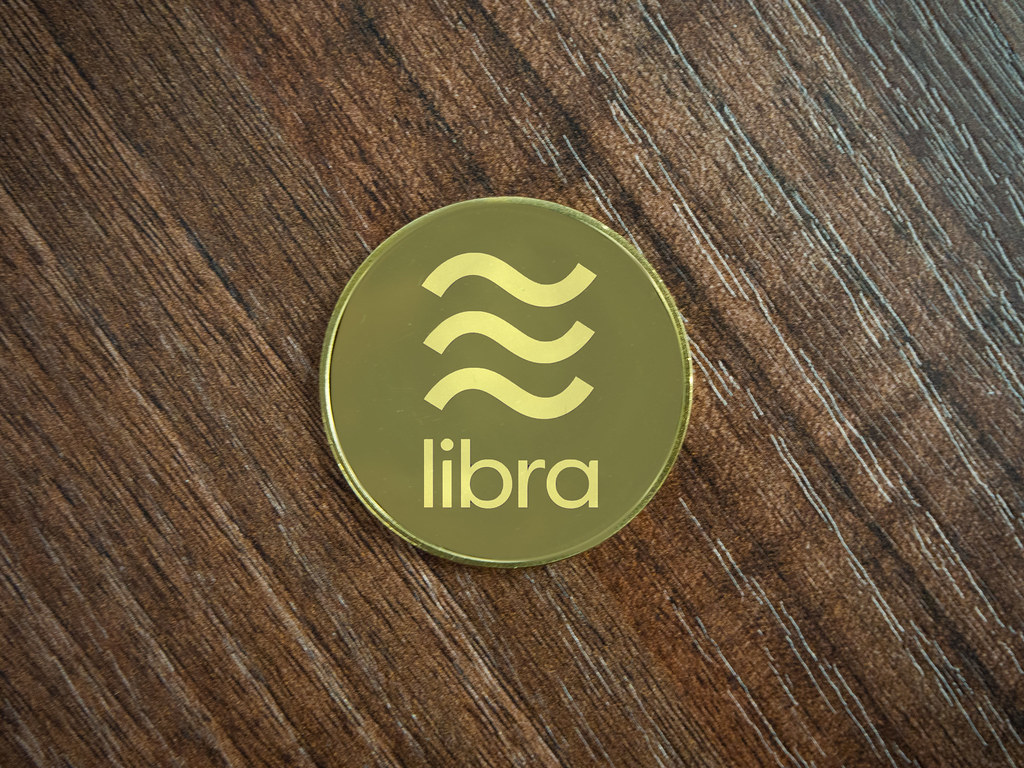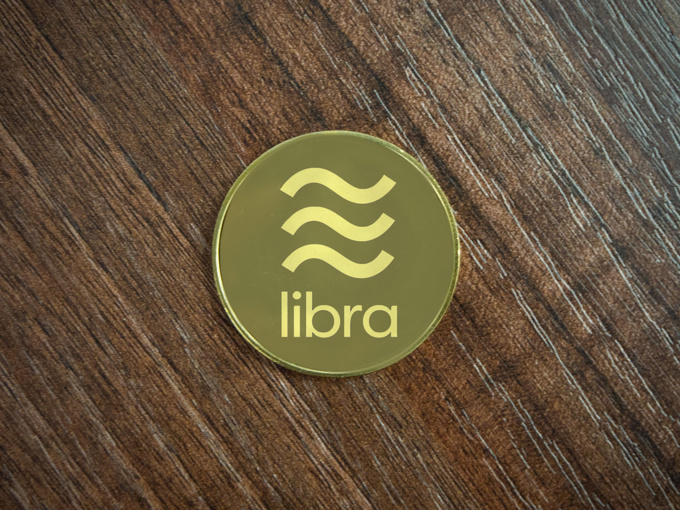It is not the first time that such concerns have been expressed. In mid-July, US Treasury Secretary Steven Mnuchin said that Facebook’s new development, along with other cryptocurrencies, is a threat to the country's national security.
The US Treasury Department warned Facebook that the Internet giant would have to take the same measures to combat money laundering and terrorist financing as other financial service providers do. However, Facebook is still far from this, so will not be easy for the company to get the green light to launch the cryptocurrency.
Earlier, Head of the Federal Reserve System (FRS) of the United States, Jerome Powell, stressed that the plans to launch Libra raise many questions - in particular, in the area of personal data protection, anti-money laundering and financial stability of the United States. These factors become even more important in the light of the fact that the total Facebook audience currently stands at 2.5 billion people: theoretically, each of them could start using new electronic money.
In the future, Libra should become a universal means of payment: people will make purchases online with its help. To this end, Facebook has entered into a partnership agreement with 28 large companies one way or another related to electronic payments, including Visa, Mastercard, Paypal, Vodafone and Ebay.
Facebook’s plan assumes that Libra should become the so-called stable e-currency. This means that its rate will be pegged to traditional currencies such as the dollar and the euro. Thus, the electronic money will be 100% secured with real currency reserves and assets.
However, experts suggest that this will not always be the case. "Today (cryptocurrency developers) expect that Libra will be 100%-secured, but it is logical that at some point they may decide to reduce this figure to 50. And then they will have a powerful crediting mechanism," explains Hendrik Leber of Acatis financial company.
The topic of cryptocurrency was also discussed in top political circles at the international level - at a meeting of G7 finance ministers, held July 17 in France. Bild newspaper quoted a document of the German Ministry of Finance: it states that the German government, together with the country's Central Bank, intends to figure out "how to prevent creation of a real alternative to the state currency."
Finance ministries of France, the United Kingdom and the United States are also skeptical about Facebook’s plans. “We plan to carefully study whether all existing rules are being followed and whether they will need to be changed in the future to ensure stability of the international financial system,” said German finance minister Olaf Scholz after the G7 meeting.
Meanwhile, cryptocurrencies become a headache not only to financial regulators, but, above all, to banks. "I think that all major online services - for example, Amazon, Alibaba or Google - will launch their cryptocurrency in the coming years. And so there is a question: what role will banks play in this game?" - wonders Hendrik Leber.
source: dw.de
The US Treasury Department warned Facebook that the Internet giant would have to take the same measures to combat money laundering and terrorist financing as other financial service providers do. However, Facebook is still far from this, so will not be easy for the company to get the green light to launch the cryptocurrency.
Earlier, Head of the Federal Reserve System (FRS) of the United States, Jerome Powell, stressed that the plans to launch Libra raise many questions - in particular, in the area of personal data protection, anti-money laundering and financial stability of the United States. These factors become even more important in the light of the fact that the total Facebook audience currently stands at 2.5 billion people: theoretically, each of them could start using new electronic money.
In the future, Libra should become a universal means of payment: people will make purchases online with its help. To this end, Facebook has entered into a partnership agreement with 28 large companies one way or another related to electronic payments, including Visa, Mastercard, Paypal, Vodafone and Ebay.
Facebook’s plan assumes that Libra should become the so-called stable e-currency. This means that its rate will be pegged to traditional currencies such as the dollar and the euro. Thus, the electronic money will be 100% secured with real currency reserves and assets.
However, experts suggest that this will not always be the case. "Today (cryptocurrency developers) expect that Libra will be 100%-secured, but it is logical that at some point they may decide to reduce this figure to 50. And then they will have a powerful crediting mechanism," explains Hendrik Leber of Acatis financial company.
The topic of cryptocurrency was also discussed in top political circles at the international level - at a meeting of G7 finance ministers, held July 17 in France. Bild newspaper quoted a document of the German Ministry of Finance: it states that the German government, together with the country's Central Bank, intends to figure out "how to prevent creation of a real alternative to the state currency."
Finance ministries of France, the United Kingdom and the United States are also skeptical about Facebook’s plans. “We plan to carefully study whether all existing rules are being followed and whether they will need to be changed in the future to ensure stability of the international financial system,” said German finance minister Olaf Scholz after the G7 meeting.
Meanwhile, cryptocurrencies become a headache not only to financial regulators, but, above all, to banks. "I think that all major online services - for example, Amazon, Alibaba or Google - will launch their cryptocurrency in the coming years. And so there is a question: what role will banks play in this game?" - wonders Hendrik Leber.
source: dw.de



















